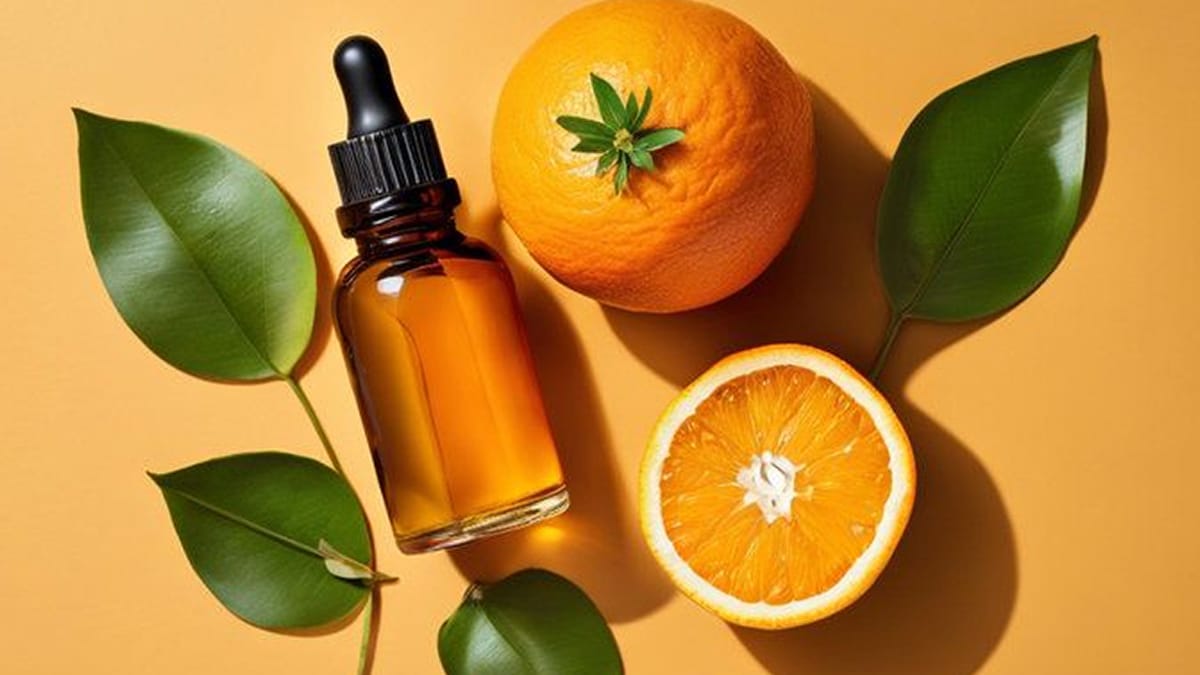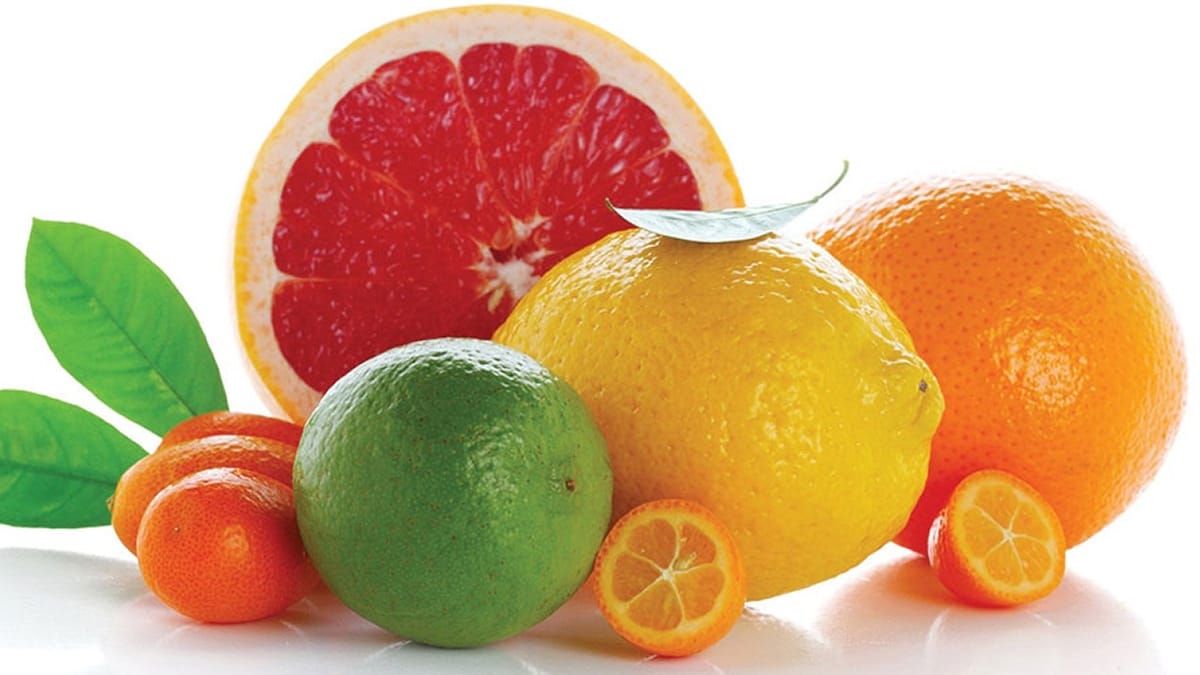Top 9 Vitamin C Foods to Naturally Increase Your Intake
Vitamin C is one of the most powerful and essential nutrients for human health. It strengthens immunity, protects cells from oxidative stress, supports collagen production, and boosts iron absorption.
Top 9 Vitamin C Foods to Naturally Increase Your Intake
Yet research shows many people in the US, UK, Canada, and Australia still fall short of the optimal daily amount. The good news is you can easily increase your vitamin C intake by choosing the right foods.
Below are nine of the richest vitamin C foods you can add to your meals today—plus science-backed tips to maximize absorption and protect this fragile nutrient.

Why Focus on Vitamin C Foods Instead of Just Supplements
While high-quality supplements can be useful, whole foods provide a synergy of vitamins, minerals, fiber, and plant compounds you simply can’t get from a pill. According to the National Institutes of Health, adults should aim for 75 mg (women) to 90 mg (men) of vitamin C daily, with higher needs for smokers or people under chronic stress. By including vitamin C-rich foods at every meal, you’ll naturally meet and even exceed these targets.
1. Kiwi: A Small Fruit with Big Vitamin C Power
One medium kiwi provides about 70 mg of vitamin C—almost the entire daily recommendation. This fuzzy little fruit is also packed with antioxidants, fiber, and vitamin K. A clinical study in the “British Journal of Nutrition” found that people who ate two kiwis per day for six weeks significantly improved their blood vitamin C levels and reduced fatigue. Kiwis are easy to add to smoothies, salads, or as a snack.
2. Bell Peppers: Colorful and Exceptionally Rich
Red bell peppers top the charts with about 150 mg of vitamin C per cup raw—double the amount in an orange. Yellow and green peppers also contribute high levels. Peppers are rich in carotenoids that protect eye health. To preserve vitamin C, eat them raw in salads or lightly sautéed rather than overcooked.
3. Strawberries: Sweet Antioxidant Boost
A cup of fresh strawberries delivers about 85 mg of vitamin C, plus manganese, folate, and powerful plant polyphenols. These compounds have been shown to reduce oxidative stress and support heart health. Strawberries also make a low-calorie dessert that satisfies sweet cravings while boosting your immune system.
4. Citrus Fruits: The Classic Source
Oranges, grapefruits, lemons, and limes are classic vitamin C foods for good reason. One medium orange has about 70 mg. Grapefruit provides even more. Citrus fruits also supply hesperidin, a flavonoid with anti-inflammatory benefits. Freshly squeezed juice is convenient, but whole fruit provides fiber that moderates blood sugar spikes.
5. Papaya: Tropical Skin-Loving Fruit
A single cup of papaya chunks contains roughly 88 mg of vitamin C, along with vitamin A and digestive enzymes like papain. Dermatologists often recommend papaya for its skin-supporting nutrients, which can reduce inflammation and promote a healthy glow from within.
6. Guava: The Vitamin C Superstar
Guava is one of the most concentrated vitamin C foods on earth—one cup offers more than 200 mg. In tropical regions, guava is a staple for preventing deficiencies. Research in “Food Chemistry” highlights its exceptional antioxidant activity. If fresh guava is hard to find, look for frozen or pureed guava to blend into smoothies.
7. Broccoli: A Cruciferous Powerhouse
One cup of cooked broccoli provides about 80 mg of vitamin C, plus sulforaphane, a compound with potential anti-cancer properties. Light steaming preserves its vitamin C content better than boiling. Broccoli is also high in fiber and calcium, making it a nutrient-dense side dish for any meal.
8. Brussels Sprouts: Mini Cabbages with a Punch
Half a cup of cooked Brussels sprouts supplies around 50 mg of vitamin C along with vitamin K and folate. These cruciferous veggies support detoxification and gut health. Toss them with olive oil and roast lightly to retain nutrients while enhancing flavor.
9. Acerola Cherry: The Hidden Gem
Also known as Barbados cherry, acerola contains a staggering 1,600 mg of vitamin C per cup—more than 20 times the daily requirement. Even a tablespoon of acerola powder added to yogurt or smoothies can dramatically raise your intake. This fruit is increasingly available in freeze-dried or powdered form for easy use.
How to Maximize Vitamin C Absorption from Foods
Pair vitamin C foods with plant-based iron sources like beans or spinach to improve iron absorption.
Eat them fresh or lightly cooked. Vitamin C is sensitive to heat, light, and oxygen.
Store produce in a cool, dark place or refrigerate promptly to slow nutrient loss.
Spread your intake throughout the day for steadier blood levels rather than one large dose.
Warnings and Common Pitfalls
Don’t assume all fruit juices are high in vitamin C; many are pasteurized and lose potency.
Over-boiling vegetables can cut vitamin C content by more than 50%.
Excess sugar in fruit products can blunt some health benefits.
Frequently Asked Questions
How much vitamin C should I eat daily from foods?
Aim for at least 75–90 mg per day, but most experts agree that 200 mg from whole foods offers optimal antioxidant protection.
Are supplements necessary if I eat these nine foods?
If your diet includes a variety of these foods daily, you probably don’t need a supplement. However, people with higher needs (smokers, chronic illness) may benefit from extra under medical supervision.
What are five vitamin C products worth considering?
Powdered acerola cherry, chewable tablets for travel, slow-release capsules, vitamin C with zinc lozenges, and liposomal vitamin C liquids.
Can cooking destroy vitamin C?
Yes. Boiling and long cooking times reduce vitamin C significantly. Steaming or microwaving retains more.
Do frozen fruits and vegetables still have vitamin C?
Often yes—frozen produce is typically flash-frozen soon after harvest, preserving vitamin C better than produce that sits in transit for days.
What’s the best time to eat vitamin C foods?
Anytime works, but spreading intake across meals may improve absorption and minimize digestive discomfort.
Tips to Incorporate More Vitamin C Foods Daily
Add sliced kiwi or strawberries to breakfast cereal or yogurt.
Include raw bell peppers in lunch wraps or salads.
Snack on citrus segments in the afternoon for an energy boost.
Blend papaya or guava into smoothies for a tropical twist.
Serve steamed broccoli or Brussels sprouts with dinner to round out your nutrient intake.
Final Thoughts: 5 Key Takeaways
Vitamin C foods offer far more than just this one nutrient—they deliver a spectrum of antioxidants and fiber.
The nine foods above are easy to find, affordable, and highly effective in boosting intake naturally.
Cooking method matters. Gentle preparation helps preserve this fragile vitamin.
Combining vitamin C foods with iron-rich plants enhances both nutrients.
Consistency is key—make these foods part of your daily routine for lasting benefits to immunity, skin, and overall health.
Reference & Additional Reading
Inspired by studies and insights from:
www.health.harvard.edu
www.menshealth.com
www.healthline.com
www.womenshealthmag.com
www.ncbi.nlm.nih.gov
www.webmd.com
www.medlineplus.gov
www.tridenttech.edu
www.burnexia.com

